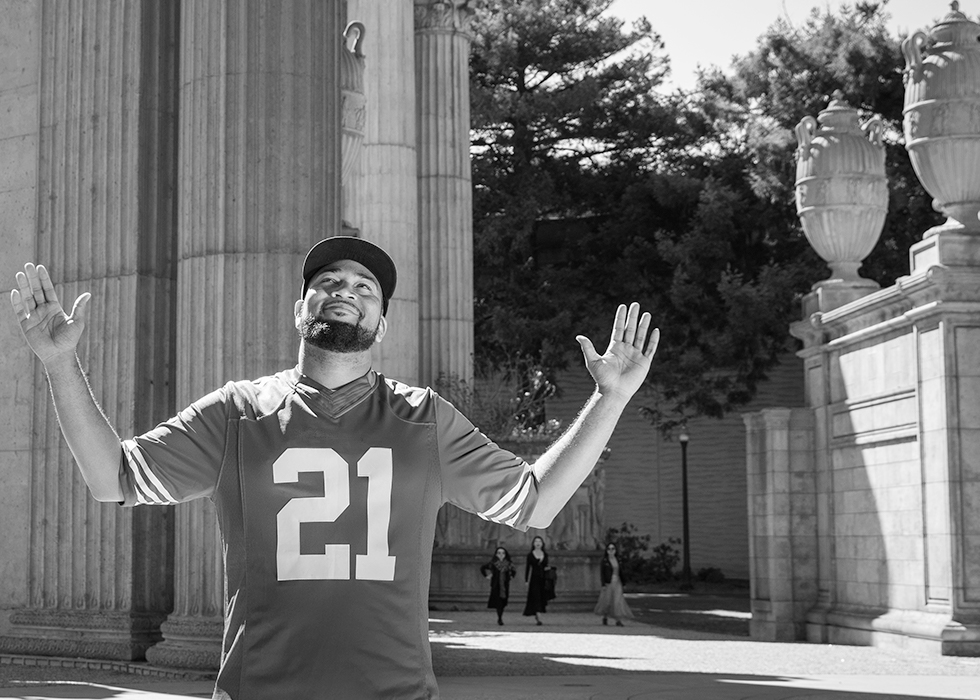Tips on Paying Down Debt
Most people have some form of debt. Student loan debt, medical bills, credit card debt. All of these are quite common.
So it’s not a question of whether or not you have debt, it’s a question of whether or not you’re struggling to keep it in control.
Today, effects of COVID-19 have led to even greater financial hardship for most. There are other resources you can access that provide unique relief measures, such as Federal Student Aid Forbearance.
Learn more about resources and assistance, should you need relief due to COVID-19.
When debt, especially high-interest debt, becomes unmanageable, it can easily become a source of financial frustration.
But it doesn’t have to be. With the right strategy, and a little bit of discipline, you can start making progress.
Here are some tips and tricks to help you get your debt under control.
Figure out exactly what you owe
It’s important to figure out your total amount of debt. This might not seem like the most fun thing in the world to do, but when you know exactly how much you owe, it can help you figure out the right repayment strategy.
Take some time to add up the numbers. Create an Excel spreadsheet, a word document, write it all down in a notebook, whatever you think works best for you.
Detail your debt
Once you’ve figured out how much you owe, start separating and categorizing the debt. Typically, this will fall into three different categories:
- Due date for each payment
- Minimum monthly payment
- Interest rate
Figuring out these details can help with your repayment plan. You’ll know when to schedule payments, the minimum amount you’ll need to budget each month to cover your debts, and which debts (like high-interest debts) might deserve more than the minimum.
Create a budget
Once you know how much you’ll need to set aside each month to pay down your debt, it’s a good idea to create an overall budget for each month.
There are a few different strategies for creating a budget, based on your priorities. If paying down debt is a top financial goal, you might want to remove that amount from your monthly budget entirely.
For example, if your monthly income is $3,000, and the total monthly payments on your debt is $300, start you monthly budget for other expenses, savings, and wants at $2,700.
The most important thing to do after you create a budget is stick to it. It will pay off in the long run.
We have a free Budgets tool in Online & Mobile Banking that will help you track your progress.
Develop a strategy
So you know how much you owe in total, when the payments are due, and you’ve created a budget. Now it’s time to pick a repayment strategy.
There are a few different ways to go about this, but five of the most common approaches are:
- The avalanche strategy
- The snowball strategy
- Debt consolidation
- Balance Transfer
- Debt Management Plan
The avalanche strategy
With the avalanche strategy, you’ll list your debts from highest to lowest by interest rate. Pick the debts with the highest rate and focus on paying them off first. Pay more than the minimum balance on these debts, but remember to keep making the payments on the smaller debts too.
The snowball strategy
With the snowball strategy, you’ll focus on your smallest debts first, regardless of the interest rate. The thought behind this method is that, since these debts are easier to pay off, you’ll see some small victories quicker, which could motivate you to keep going.
Debt consolidation
If the majority of your debt comes from multiple, high-interest sources, a debt consolidation loan could be a smart move.
When you consolidate your debt, you’ll have one loan, with one interest rate, and one monthly payment.
Keep in mind though, debt consolidation only makes sense if you qualify for a lower interest rate than the rate on your debts.
Consider a balance transfer
Some credit card companies will offer a no-interest or low-interest balance transfer option for an introductory period.
If you qualify, you could transfer debt from a high-interest card to another card with a lower interest rate.
There are some things to keep in mind with a balance transfer, though. The interest, rate is only temporary, and the introductory period varies from company to company. If you can’t pay off the balance during that time, it’s probably not a long-term solution.
Another thing to consider is the balance transfer fee. Most cards have a one-time balance transfer fee, which is usually around 3% of the transferred balance.
Our Platinum Visa® Card doesn't have a balance transfer fee. We don’t offer an introductory, no-interest period, but if you qualify for a lower rate than your current card, it could still save you money.
Debt management plan
If you’re struggling with a large of amount of high-interest debt, and you don’t think any of these approaches will work for you, a nonprofit counseling service could help you set up a management plan.
SF Fire Credit Union offers free, confidential counseling for members is situations like these.
Celebrate the small wins
Depending on the size of your debt, paying it all down could take some time, determination, and discipline. If you’re constantly focused on how far you have to go, or how long it will take, you might be tempted to give up.
That’s why it’s important to celebrate the small victories. Did you make five payments on time? Pay off $1,000 in debt? Stick to your budget for 3 months in a row?
Give yourself some credit for these achievements. It could be something as simple as a morning latte at your favorite coffee shop.
Plan for these mini-celebrations ahead of time and write them down in your repayment strategy. This way, you’re not only working towards paying down your debt, but also towards fun, positive rewards.
Remember, you can do it
If you’re struggling with paying down your debt, you’re not alone. Don’t get overwhelmed, though. You can do this!
Assessing the total amount you owe, categorizing your debt, creating a budget, and coming up with a repayment strategy that fits your financial situation will help you achieve your goal of becoming debt free.
If you’re feeling overwhelmed, or don’t know where to start, you can always talk to one of our financial counselors. The service is confidential and free for our members.
We’re committed to helping our members achieve their financial goals. Use our helpful calculators to learn more about paying down your debt.
Checking you can count on
We offer the Bay Area’s best checking account. No minimum balance, no monthly fee, and up to 12 ATM surcharge rebates per month.
Learn More
Ready to put rubber to the road?
If there's a new, used, or refinanced auto in your future, we have speedy finance options to get you where you want to go.
Learn More
Let's Talk
As a local credit union, we want to get to know you and help you achieve your goals. Come into a branch or call us today. Our people are happy to serve you.
Stop by a branch
Branch hours
Mon – Fri 9:30 AM – 5:30 PM
Saturday 10:00 AM – 2:00 PM


